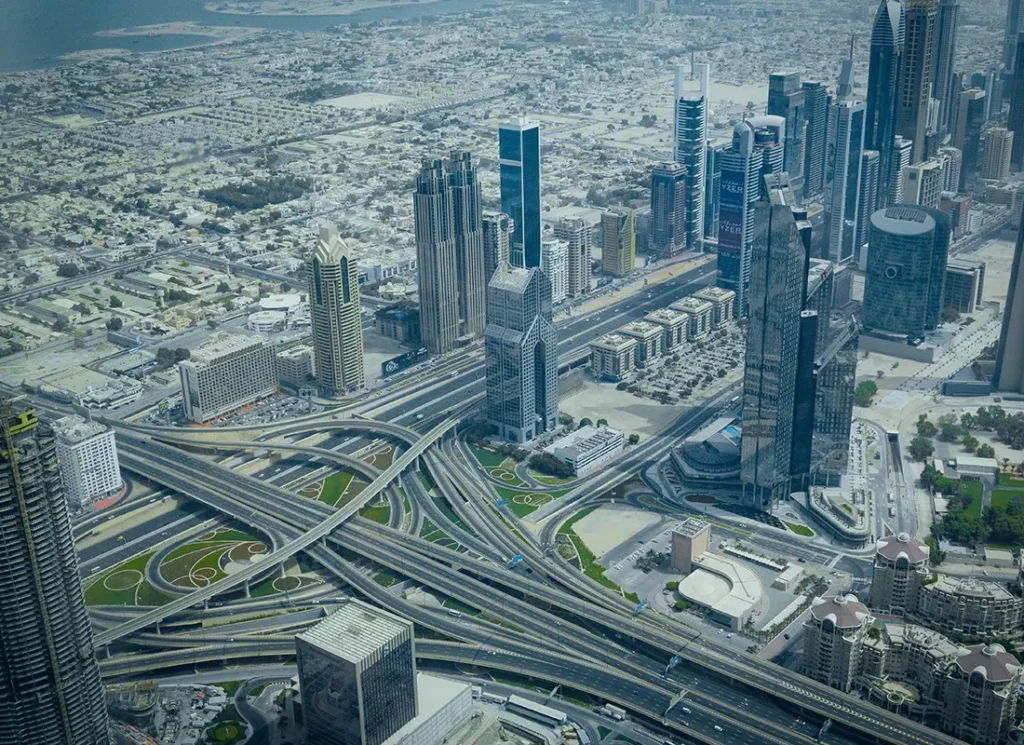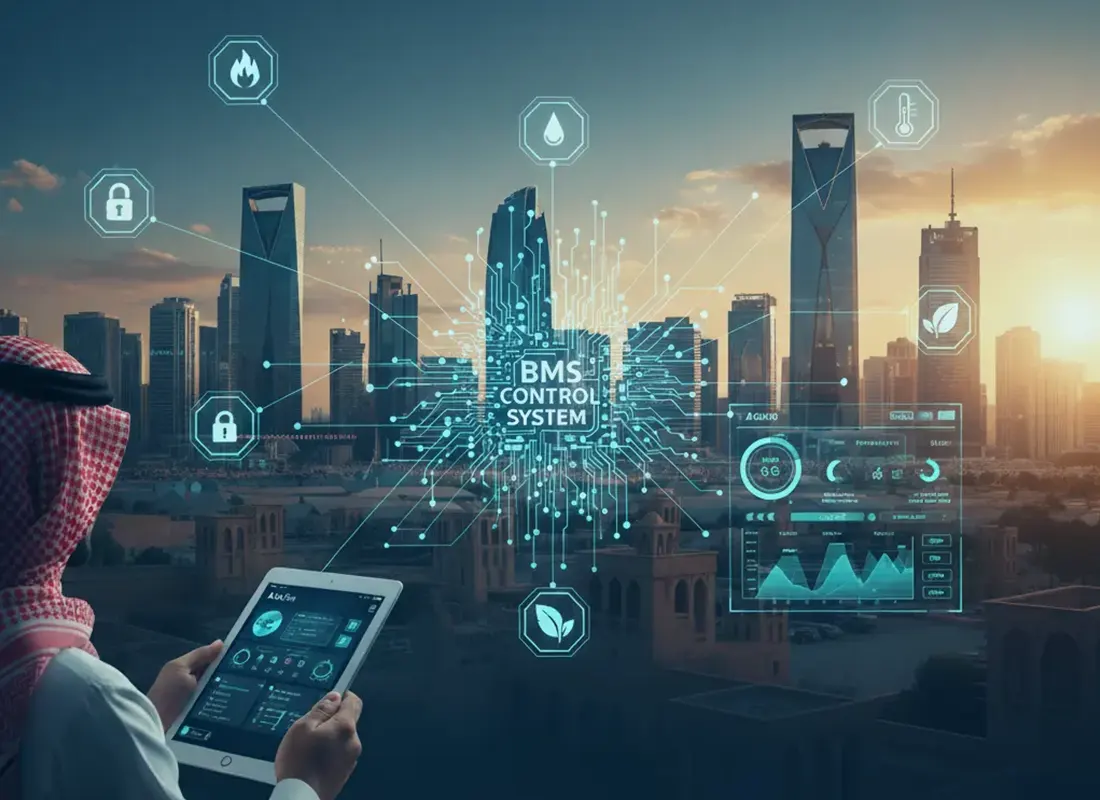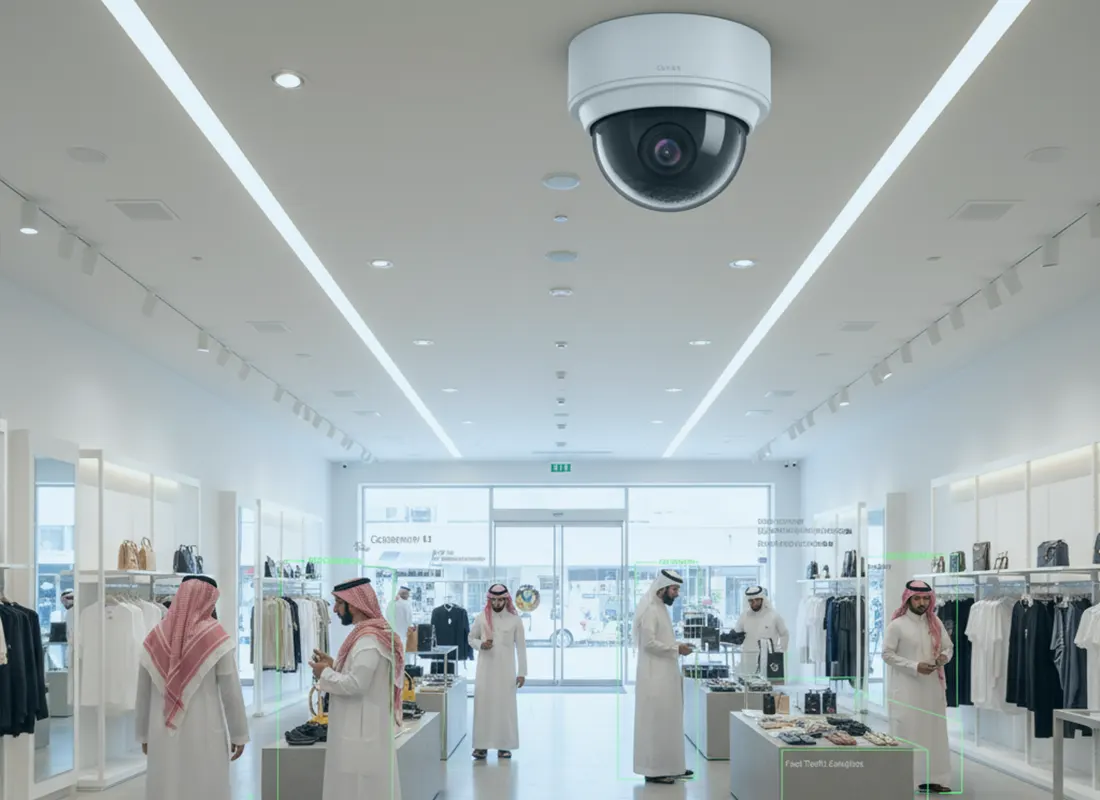

IoT and AI Fuel Saudi Urban Tech Boom
It is believed that the Saudi Arabia smart cities market is experiencing unprecedented growth and market value expected to rise up from USD 22.2 billion as of 2025 and reach an expected USD 112 billion in 2032. That’s an annual compound growth rate of 26.1 percent over the 2025-2032 timeframe. This extraordinary growth pattern places Saudi Arabia among the world’s fastest-growing smart cities markets according to the most recent study publication “Saudi Arabia Smart Cities Market by Solution, Component, Technology, and Geography – Country Forecast to 2032” released in the year 2032 by Meticulous Research.
This incredible growth reflects the Kingdom’s determination to transform its urban landscape with its challenging Saudi Vision 2030 framework, which focuses on sustainable development, digital transformation and improvements in quality of life across the major urban regions.
Vision 2030 Catalyzes Digital Urban Transformation
The Saudi Arabia smart cities market is at the heart of one of biggest national transformation efforts that is driven through the kingdom’s goal in order to expand its business and build an environment that is sustainable and technologically powered.
Government Initiatives Accelerate Smart Infrastructure Deployment
The interplay of high-speed urbanization and Vision 2030’s main priorities constitutes an essential market driver as the Kingdom is strategically positioned to help support the shift in population as well as improve the quality of living in cities by delivering services that are supported by technology. Strategic public security and safety priority has increased market momentum across the board as large-scale rollouts of sophisticated surveillance systems and command centers that integrate into the system that are becoming the norm in large metropolitan clusters.
IoT and AI Integration Creates Intelligent Urban Ecosystems
The urban centers of Saudi Arabia are implementing Internet of Things (IoT) platforms that connect devices, sensors and infrastructure systems to form unidirectional digital networks that allow for the monitoring of real-time and the autonomous optimization of services for cities. Artificial Intelligence (AI) and Machine Learning (ML) technologies are evolving from the initial deployments to applications that are mission-critical, providing predictive intelligence and autonomous decision-making in urban environments that are smart.

Technology Integration Drives Market Leadership Across Segments
Smart Citizen Services Lead Market Revenue
This Smart Citizen Services segment holds the biggest share of the overall market for smart cities for Saudi Arabia, driven by the government’s strategic investments in public security infrastructure Governance models, governance, and crucial services delivery in the areas of education and healthcare. This holistic approach is designed to meet the needs of citizens demands with integrated digital platforms that improve accessibility to services and the quality of service.
Smart Transportation Shows Highest Growth Potential
It is believed that the Smart Transportation segment is expected to expand at the fastest CAGR in the forecast period of 2025-2032. This is due to massive infrastructure investments that respond to mobility issues in urban areas and optimize requirements for transportation networks in rapidly growing urban regions. Solutions for congestion on the roads as well as parking management and the efficiency of public transportation through smart technology.

Component Segmentation Reveals Infrastructure Investment Priorities
Hardware Segment Leads Current Market Share
The Hardware segment is leading the market because of the large capital investment in infrastructure assets physical such as sensors equipment for surveillance, as well as connectivity infrastructure. This foundation allows for comprehensive smart city functions across many platforms.
Software Segment Demonstrates Superior Growth Prospects
The Software sector has exceptional growth potential as attention shifts towards the next generation of analytics such as AI-based software, and advanced management platforms that are created to maximize ROI on hardware investment. Software solutions that use AI enable smart data analysis and automation of decision-making in the city’s systems.

Technology Landscape Shapes Future Urban Development
Internet of Things (IoT) Dominates Market Applications
IoT technology is predicted to account for the biggest share of Saudi Arabia smart cities market and will serve as the base infrastructure for all smart city applications by utilizing massive networks of communication endpoints and sensors. This technology allows continuous data gathering and system optimization in real time across a variety of urban applications.
AI and Machine Learning Drive Innovation
Artificial Intelligence and Machine Learning technologies are expected to see significant growth in the coming years and are transforming from pilot projects into essential elements of the urban infrastructure. These technologies can be used to assist with the use of predictive maintenance and efficiency of traffic, energy management as well as enhanced security for the public by utilizing intelligent automation.

Strategic Partnerships Define Competitive Landscape
International Technology Leaders Partner with Local Providers
This competitive environment is defined by the strategic balanced between global technology companies as well as local solution suppliers. Leading global companies in the industry, including Cisco Systems, IBM, Microsoft and Huawei benefit from their vast portfolios and experience in international implementation as local players like Saudi Telecom Company (STC), Mobily, and Elm Company make use of their local market expertise and well-established government relations.
Public-Private Partnerships Accelerate Implementation
Public-private partnerships have become the most preferred method of implementation to ensure a fair risk sharing and information exchange between government agencies as well as technology providers. This partnership framework speeds market growth while increasing the sustainability of solutions and their effectiveness.
Market Challenges Present Strategic Considerations
Despite the potential for growth, the market is confronted with major challenges to its growth dynamics. The high capital investment requirements pose substantial obstacles, particularly for smaller municipalities as well as private sector players. Security and data security vulnerabilities are a growing concern as the smart infrastructures process valuable operational and personal data. Complexity of implementation increases because of requirements for integrating legacy systems as well as the lack of talent in specialized technical fields impede the design, deployment and maintaining of smart city technologies.
Key Market Players Drive Innovation and Implementation
It is the Saudi Arabia smart cities market includes top technology companies that compete with innovations, local market experience and integrated solution capabilities. The key players are Cisco Systems, Inc., IBM Corporation, Microsoft Corporation, Siemens AG, Huawei Technologies Co., Ltd., Honeywell International Inc., Schneider Electric SE, ABB Ltd., Oracle Corporation, and SAP SE, among other local and international technology companies.
Market participants are increasingly entering strategic alliances to bring together complementary strengths and competitive advantages gained from technological advancement as well as local market knowledge and the capability to provide integrated solutions that are aligned in Vision 2030’s strategic goals in addition to the ambitious requirements for digital transformation.




